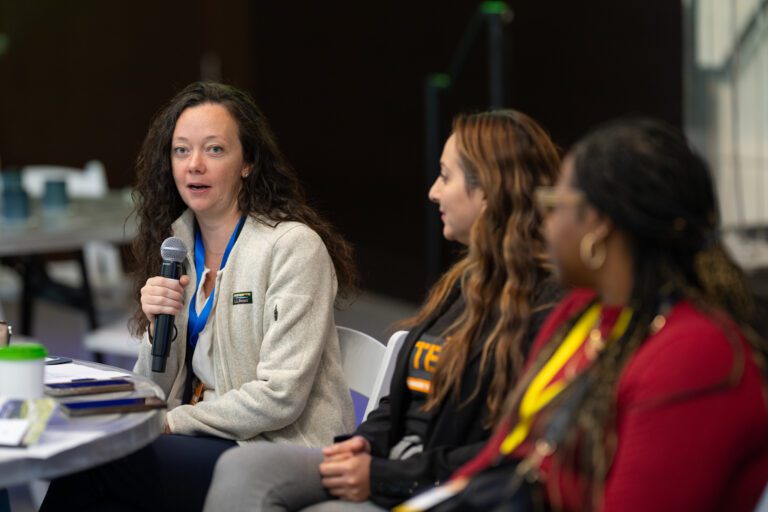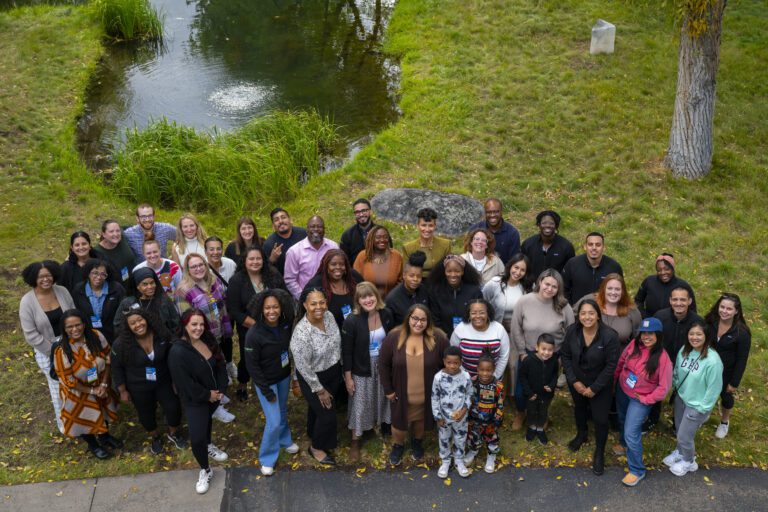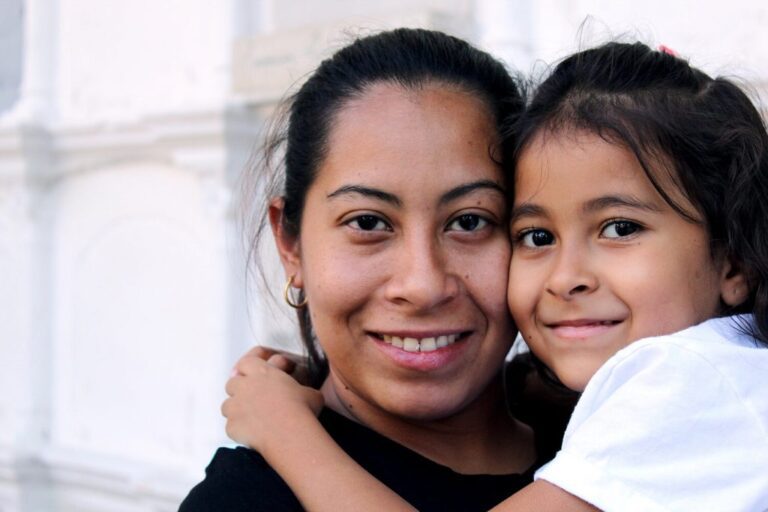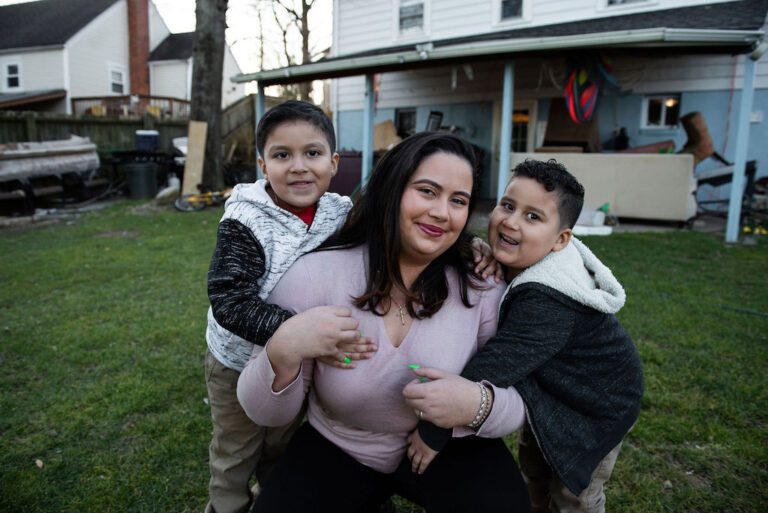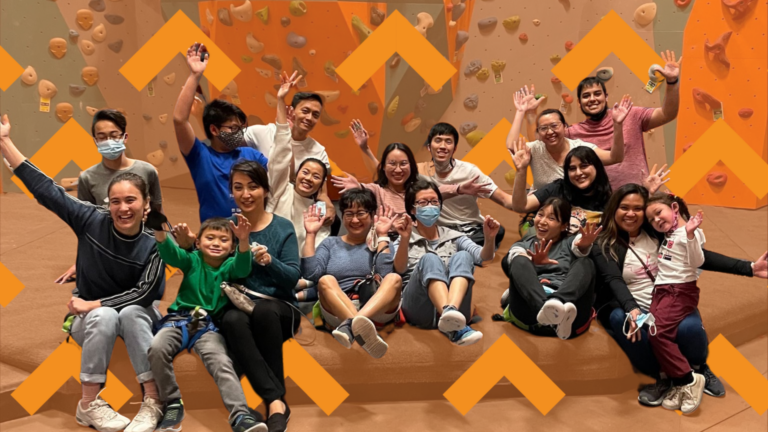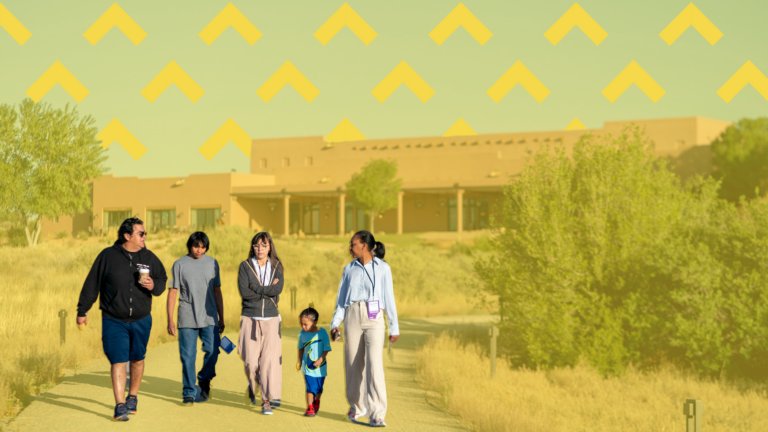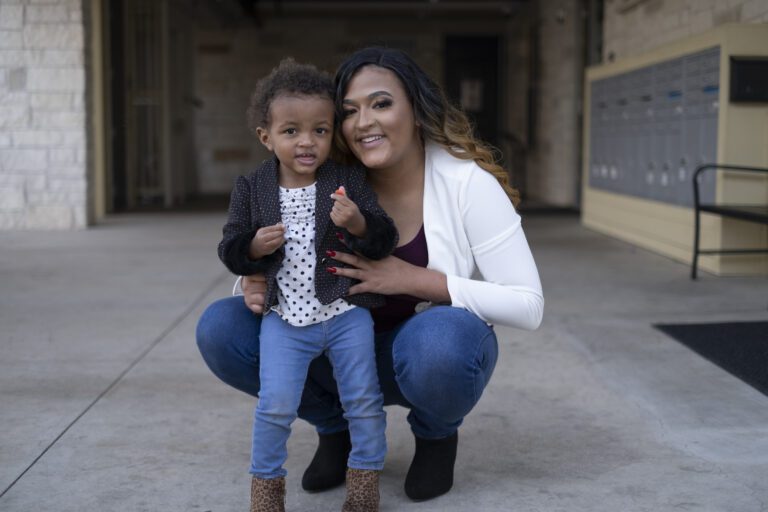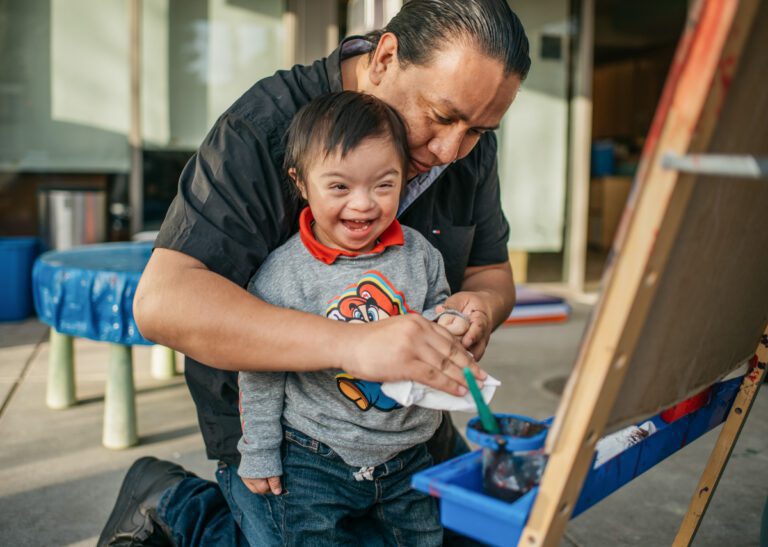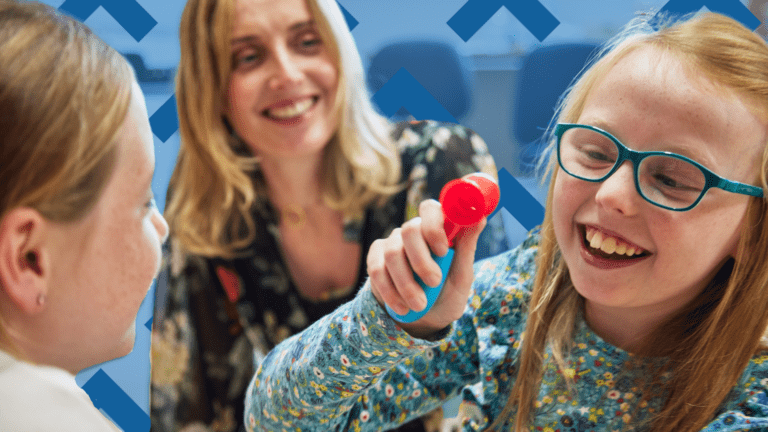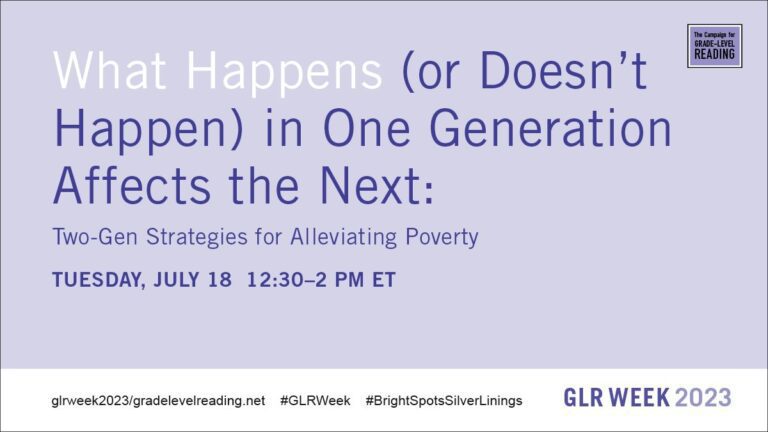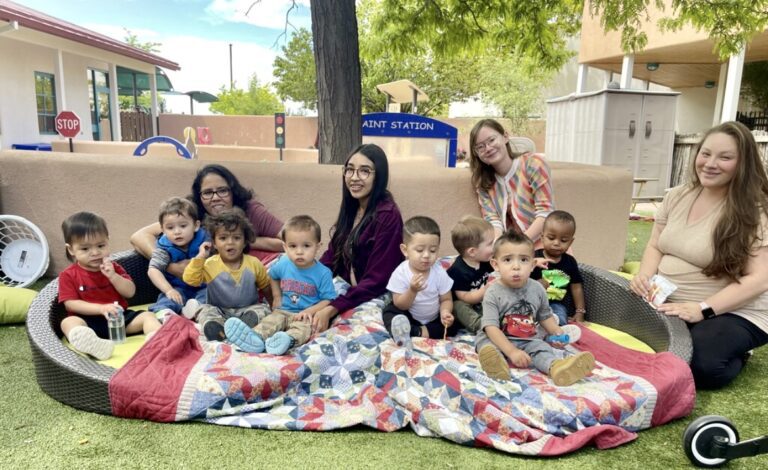Insights & Actions from the 2Gen Impact Survey
At Ascend at the Aspen Institute, we collaborate with a Network of over 500 organizations that all believe in the power of two-generation (2Gen) approaches to improve outcomes for families. Earlier this year, a decade after our Network’s inaugural launch of 58 Partners taking 2Gen action, we surveyed current Network Partner organizations to gain insights about the impact of their Network participation on their 2Gen efforts, and the influence that taking a 2Gen approach has had on outcomes for children and families.
We are very grateful to the 115 Network Partners – which range from large social service agencies to small, grassroots organizations – who collectively reported $284 million in funding for 2Gen initiatives for their most recent 2023-2024 fiscal years. The collective impact of the Network is significant. Here are five key learnings on the pulse of the 2Gen field’s progress and three strategies you can incorporate in your 2Gen work gleaned from our survey responses.
1. Organizations’ Primary 2Gen Component Focus
More than half of Ascend Network Partners’ primary focus is either in Early Childhood Education (31%) or Postsecondary and Workforce Pathways (26%). This suggests that many Network Partners are looking at how to serve families with young children, and recognizing the importance of creating pathways for both primary caregivers and young children.
We asked partners to share their secondary component focus area, and Social Capital was notably the most popular (21% of respondents said it is their secondary component). This suggests Social Capital is an increasingly intentional support that organizations are integrating or implementing for 2Gen.
2. Outcomes for Families’ Economic Assets
More than half of survey respondents reported their 2Gen approaches ensured families’ basic needs were being continuously met (56%) or families increased their economic stability (53%). This suggests that Network Partners are more intentionally weaving economic asset-building into their 2Gen approaches, and there is an opportunity to explore how families are moving from meeting their basic needs to achieving greater stability.
3. Outcomes for Families’ Educational Success
49% reported increased family engagement in their Early Childhood, K-12, and Postsecondary Education efforts. While Ascend does not have a baseline comparison, this reported increase demonstrates a more widespread recognition of the importance of engaging the whole family within programs and systems traditionally designed for children or adults.
4. Meaningful Local Results & Changes
Nearly half of all partners reported that their 2Gen approaches have mobilized local or state organizations to take 2Gen action, indicating that when community-based organizations integrate a 2Gen lens, they influence policy and systems changes at the county and state levels.
5. Partners’ Experiences & Community Connections
7 in 10 respondents ‘agreed’ or ‘strongly agreed’ that they had connected with other Ascend Network Partners to collaborate in any capacity (70%). The Ascend Network was launched to build and deepen a 2Gen field, and the survey demonstrates that organizations are finding community, connection, and vital knowledge amongst each other.
As the first point of contact for the Ascend Network, I often am looking at our recommendations and resources in order to better equip organizations to implement their 2Gen approaches. As we reviewed the survey data, we asked ourselves: how can our Network Partners use this information to strengthen their work? There are many opportunities, but here are three actionable strategies that can enhance your 2Gen initiatives, along with relevant resources to support your efforts:
1. Launch Community Mapping Partnerships Before 2Gen Program Implementation
We heard that organizations engaged in a holistic, 360-degree listening approach to inform their 2Gen approach – talking to human services, employer, educational, health organizations in addition to families themselves – saved time and resources by accurately identifying gaps in services and barriers for families.
Related Resources for Implementation
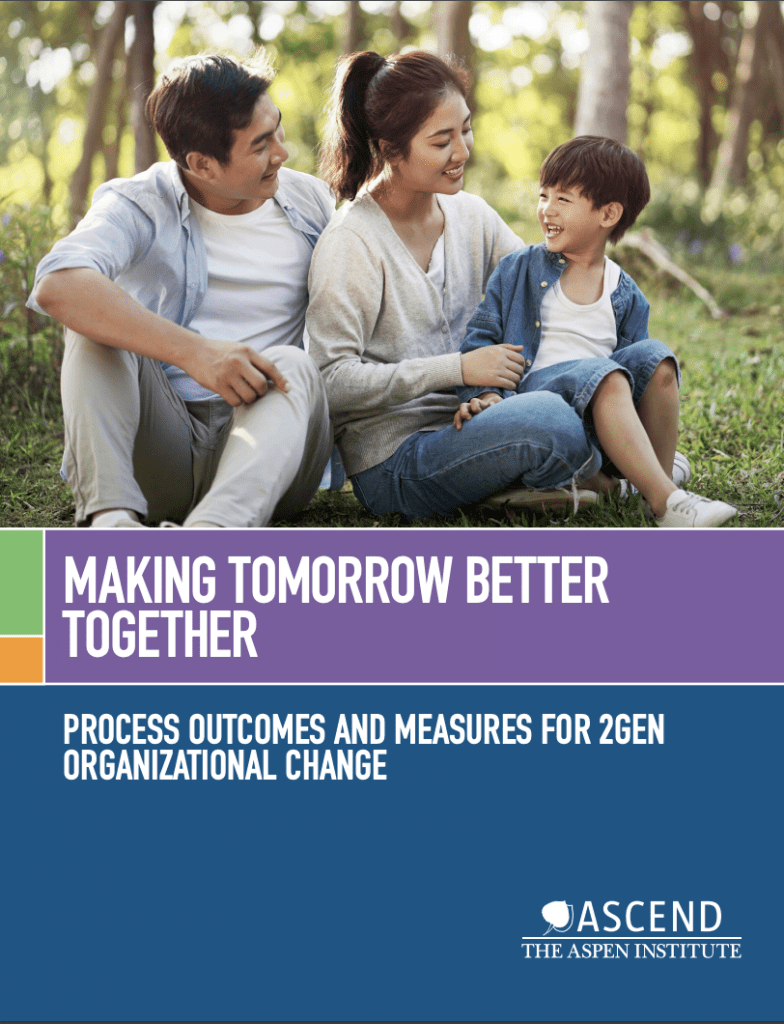
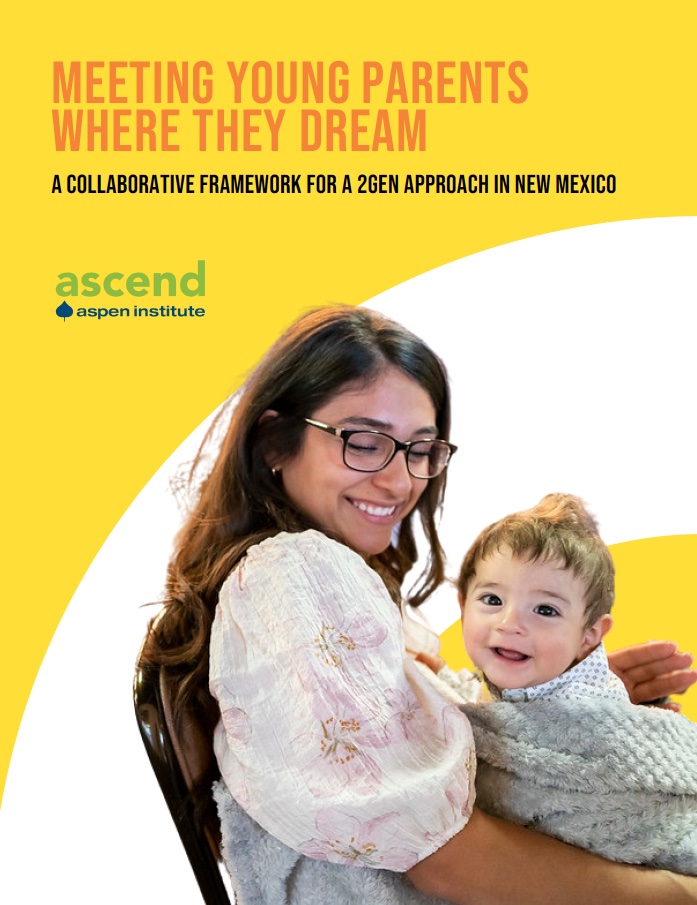
2. Create Peer & Family Networks & Cohorts
We heard from Network Partners that Social Capital is one of the more challenging components to solidify when implementing a 2Gen approach, and that peer and family networks, along with cohorts themselves – bringing parents together to experience a workforce pathway or health program, for example – are powerful ways to increase retention and build trusting relationships for families.
Related Resources for Implementation
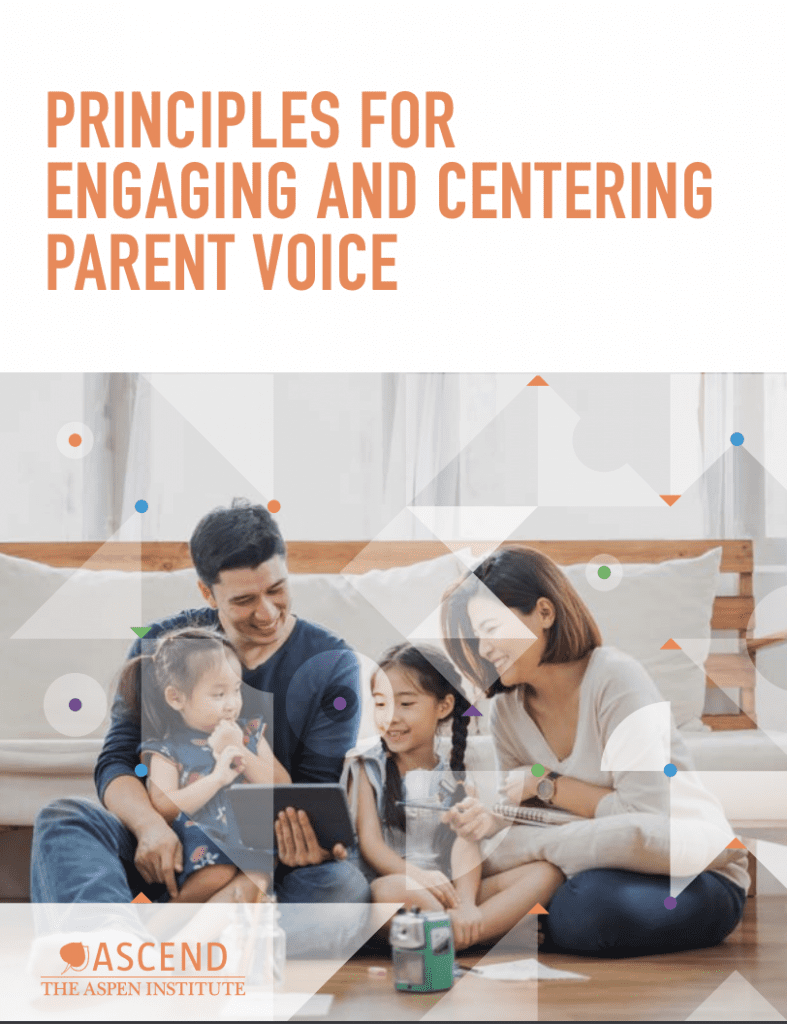
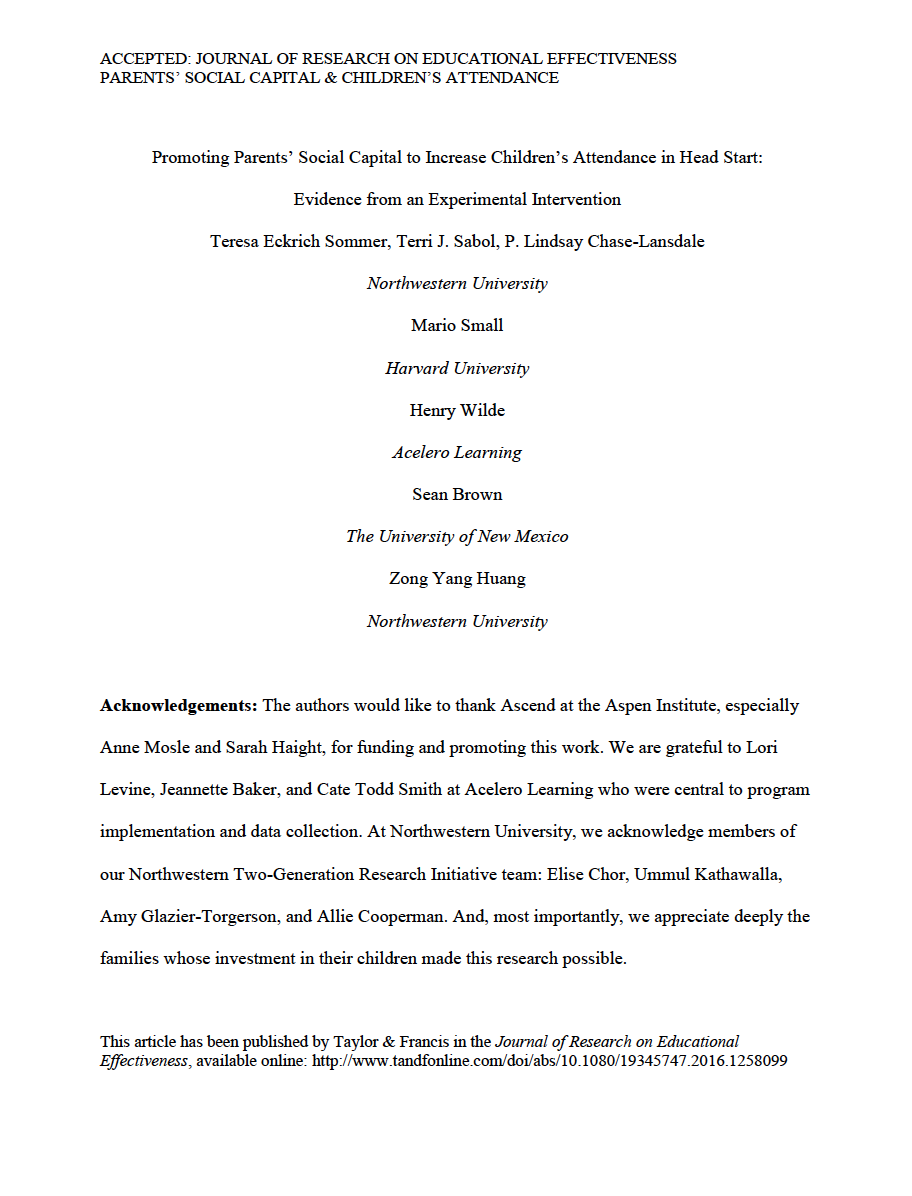
3. Consider Direct Cash Transfer Strategies
We heard from partners that direct cash transfer programs can significantly improve family well-being and asset building in 2Gen approaches. By providing families with flexible financial resources, these strategies have shown positive impacts on parenting confidence and family relationships, offering families more time together and a richer, more varied life experience.
Related Resources for Implementation
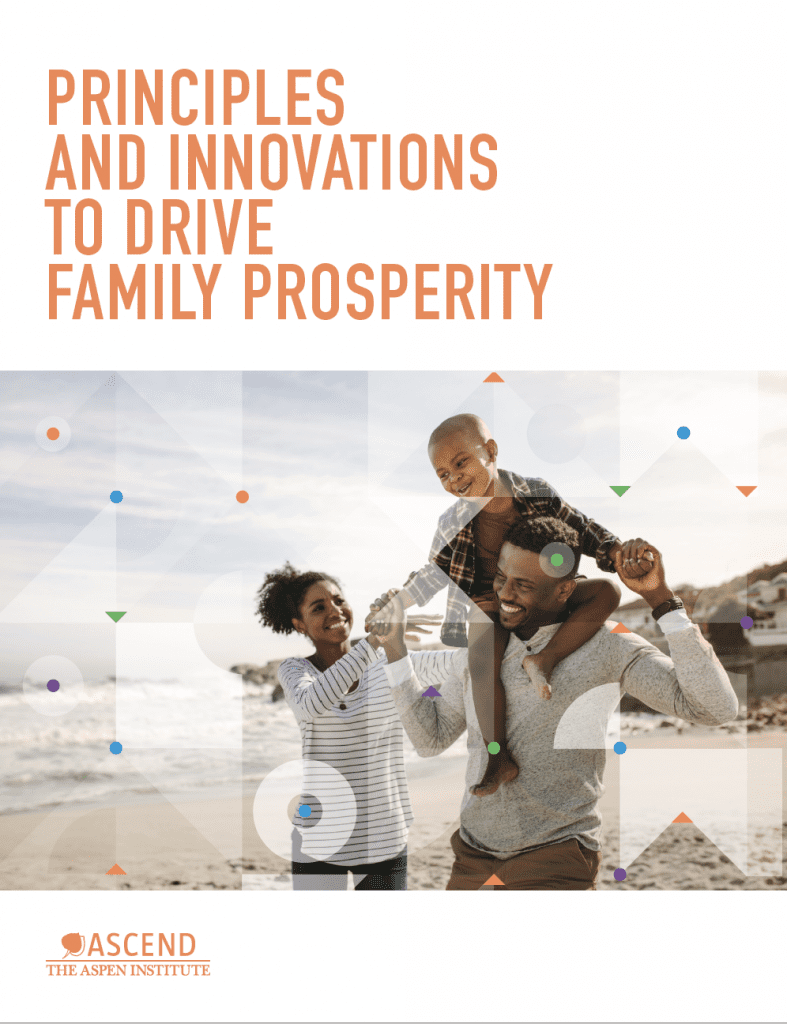
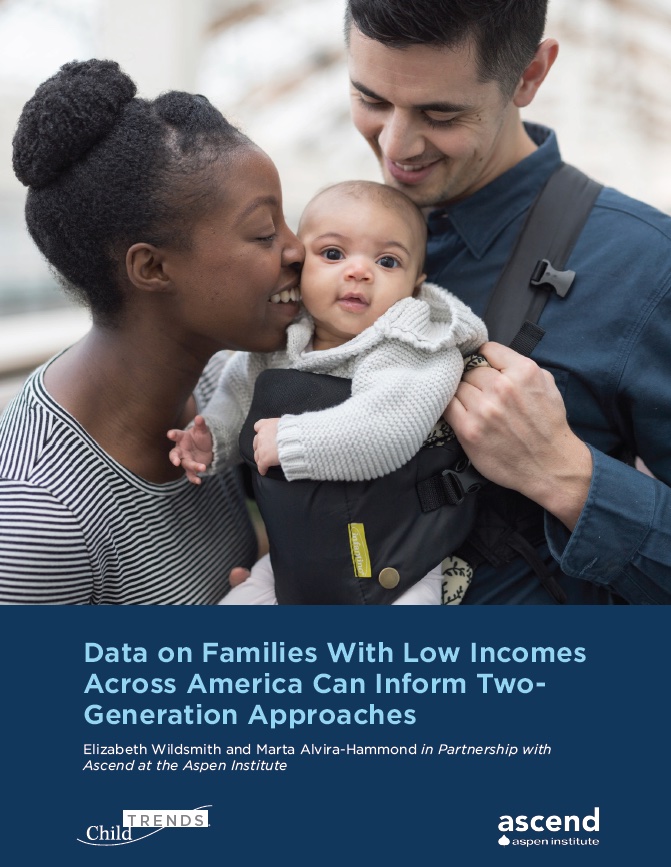
The insights from our 2024 2Gen Impact Survey are a testament to the transformative impact of a two-generation approach. By implementing these strategies and leveraging the resources available, we can further enhance our collective impact on families across the nation. Over the coming months, Ascend will be exploring ways to share more insights and data points from the 2Gen Impact Survey. If you are a Network Partner and have questions about the survey, please reach out to Jordan Colvin at jordan.colvin@aspeninstitute.org. If you are not an Ascend Network Partner and would like to join this community of organizations working to co-create 2Gen approaches with families, please submit this 2Gen Welcome Survey.
Related Posts
